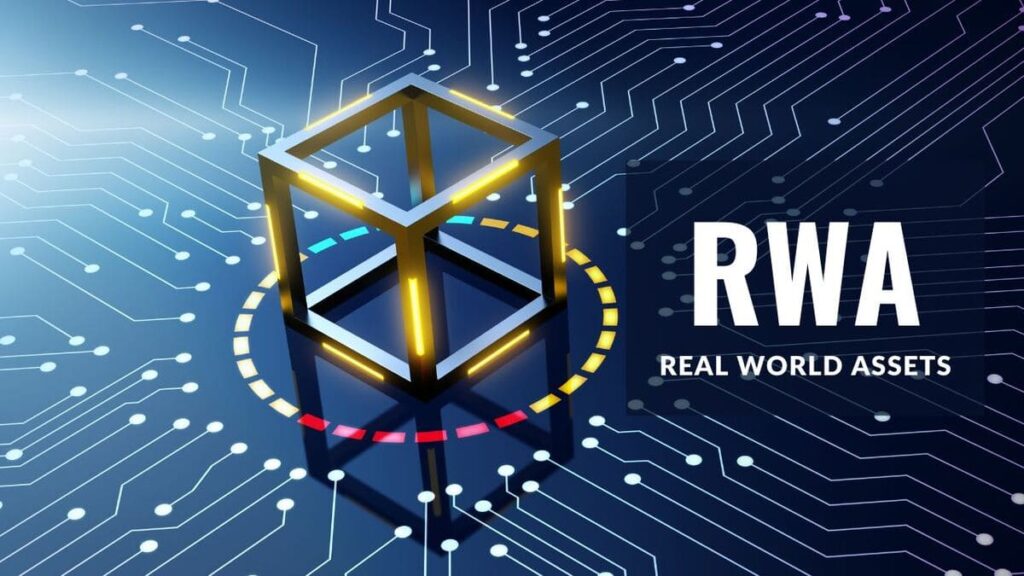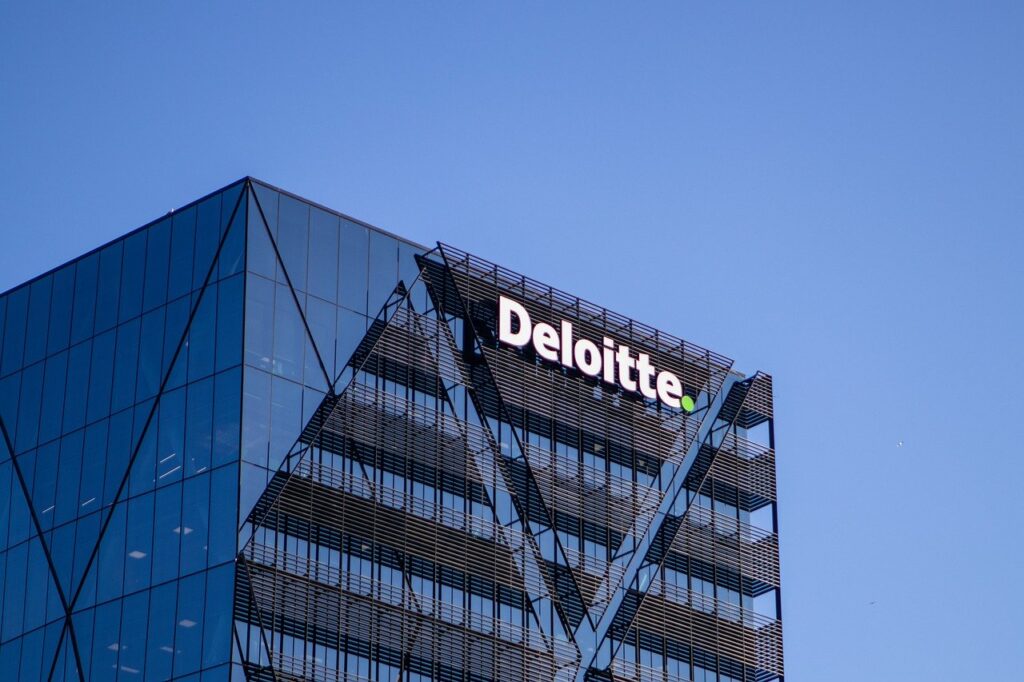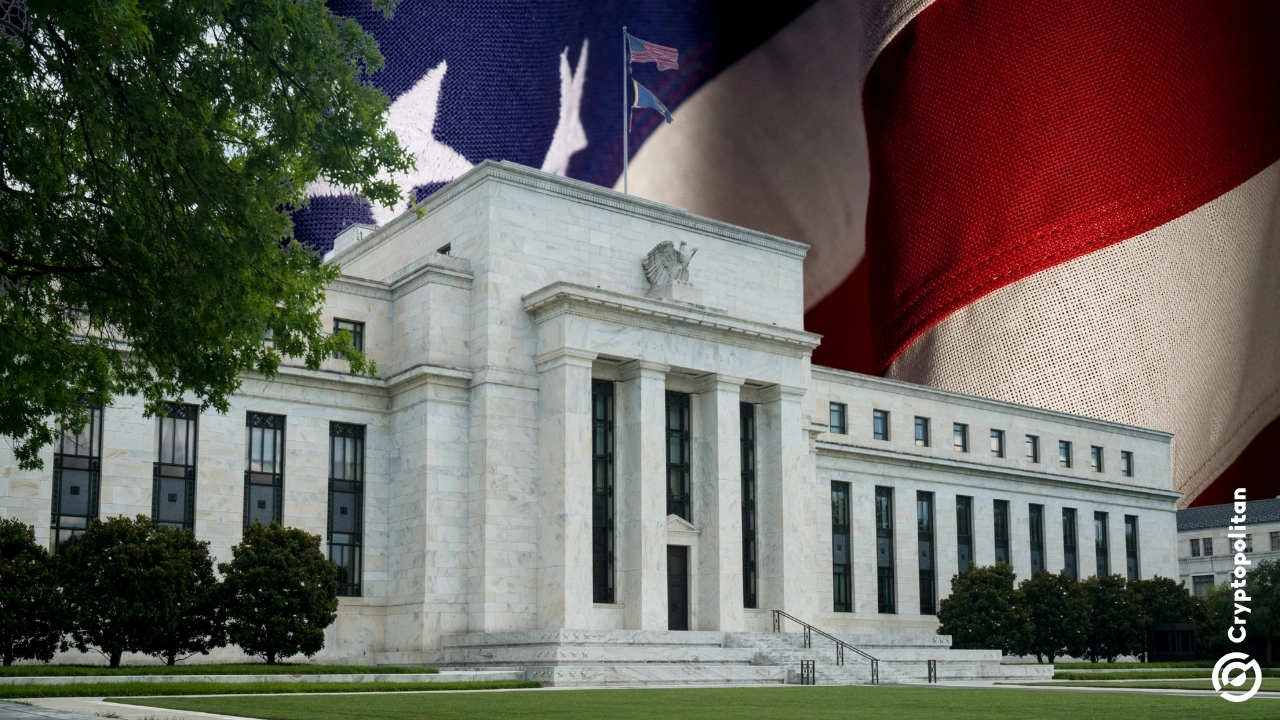As blockchain technology continues to mature and its applications are implemented, the traditional asset sector is undergoing a profound change. In its latest report, Deloitte Financial Services Center pointed out that by 2035, the market size of real estate tokenization is expected to exceed US$4 trillion, far higher than the level of less than US$300 billion in 2024. This expectation not only highlights the potential of blockchain technology, but also means that the global real estate investment landscape may undergo earth-shaking changes in the next decade.

Tokenized Real Estate
Real Estate Tokenization refers to the registration, segmentation, trading and management of real estate assets in the form of digital tokens on the blockchain. Each token represents a portion of the ownership or income rights of the underlying assets, allowing investors to participate in high-value real estate investments with a smaller capital threshold.
Deloitte pointed out that the greatest value brought by blockchain tokenization lies in: improving asset liquidity, reducing transaction costs, enhancing transparency and expanding investment channels. In the traditional model, real estate investment often requires large amounts of capital, and the transaction process is complex and the cycle is long. Tokenization automatically executes the transaction process through smart contracts to achieve small-scale and global circulation of assets.

Multiple forces give rise to the acceleration of tokenization
It is not only technological innovation that drives the rapid growth of tokenized real estate, but also changes in the macroeconomic environment that play an important catalytic role.
In the post-epidemic era, working from home has become the norm, the demand for office buildings has dropped significantly, and the structure of commercial real estate is being reshaped. At the same time, the demand for green buildings brought about by climate change, as well as the rise of artificial intelligence data centers and logistics warehousing, are also constantly reshaping the logic of asset allocation. Investors are in urgent need of a flexible, precise and low-threshold way to participate in these emerging assets, and tokenization just meets this demand.
The new round of tariff policies recently introduced by US President Trump has exacerbated global trade tensions and prompted funds to seek safe havens.
Data shows that on April 10, the on-chain transaction volume of tokenized gold exceeded US$1 billion, setting a new high since the US banking crisis in 2023. This also shows that tokenization is not limited to real estate, but has become an important trend for all kinds of real assets to be on the chain.
Although blockchain was initially limited by lack of regulation, major global financial markets are now gradually open to tokenized assets.
Deloitte's report also specifically pointed out that in the next few years, if regulators can formulate clear tokenized asset specifications, it will greatly release the potential of this market.
Liquidity remains a core issue
Despite the promising prospects, some industry observers are cautious about the feasibility of tokenized real estate. Michael Sonnenshein, COO of Securitize, said in a speech at the Paris Blockchain Week 2025 that he believes that real estate is not the most suitable asset class for priority tokenization.
“Real estate has high transaction costs and poor liquidity. Even if it is put on the blockchain, these basic problems will not be fundamentally solved in the short term.” The analyst said, “In contrast, what the on-chain economy needs now is more liquid and more frequently traded assets, such as bonds, stablecoins, and even some stocks.”
His point of view to some extent points out the practical resistance that may be encountered in the promotion of tokenized real estate: technology can improve transparency and programmability, but it cannot solve the low liquidity problem of traditional real estate by technology alone.

According to Deloitte's analysis, the layout of tokenized real estate is expected to present the following pattern in the future:
Asia (such as Singapore, Hong Kong, and the Middle East): With friendly fintech policies, it has become an innovation highland for tokenized real estate.
The United States and Europe: Benefit from the huge real estate market size and capital pool, but need to overcome a more complex regulatory system.
Emerging markets: For example, some countries in Latin America and Africa may quickly attract foreign investment and develop local real estate markets through tokenization.
JPMorgan Chase also previously predicted that tokenized assets will become part of mainstream financial products in the next decade, and real estate will be one of the most important application areas.
Case Study: Real-World Tokenization Experiments
At present, some platforms and projects are actively exploring the actual implementation of real estate tokenization:
RealT: A US project that divides residential houses in cities such as Detroit into tokens, allowing global users to hold rental income rights in small amounts.
Figure Technologies: Launches an on-chain trading platform specifically for real estate mortgages.
Plume Network: Focuses on enterprise-level real estate asset chain and asset allocation.
Although these cases are still small in scale, they are exploring paths for industry standardization, compliance, and scale.
Despite doubts, market participants' interest in tokenized real estate continues to heat up. From Plume Network, Maple Finance to Figure Technologies, several emerging platforms are exploring how to split, issue and circulate assets such as real estate, mortgages, and rental income rights in the form of tokens.
Deloitte's report pointed out that initial growth may be more concentrated in commercial real estate, large residential projects and industrial real estate, and then gradually expand to small residential, vacation properties and even land assets. In addition, Asia and the Middle East, with their high acceptance of emerging technologies and friendly financial innovation environment, may become one of the first markets for the large-scale implementation of tokenized real estate.

In the European and American markets, institutional investors, sovereign wealth funds and large private wealth management companies are expected to become the main force driving the explosion of the tokenized real estate market.
The new real estate investment paradigm in 2035
According to multiple forecasts, by 2035, real estate tokenization will not only exceed the $4 trillion mark, but will also profoundly change the operating logic of the real estate industry and even the global financial market.
Real estate investment will become more democratic, changing from being exclusive to the rich to a new asset class that the global public can easily participate in.
Asset portfolios will be more diversified, and investors can hold shares in New York office buildings, Dubai villas, and Tokyo commercial districts in one wallet.
Capital flows will be freer and more efficient, and the boundaries between the real estate market and the financial market will be further blurred.
As the Deloitte report said: "Asset digitization is reshaping the way value is created, delivered, and shared, and tokenized real estate is the most revolutionary part of this change."
















No comments yet